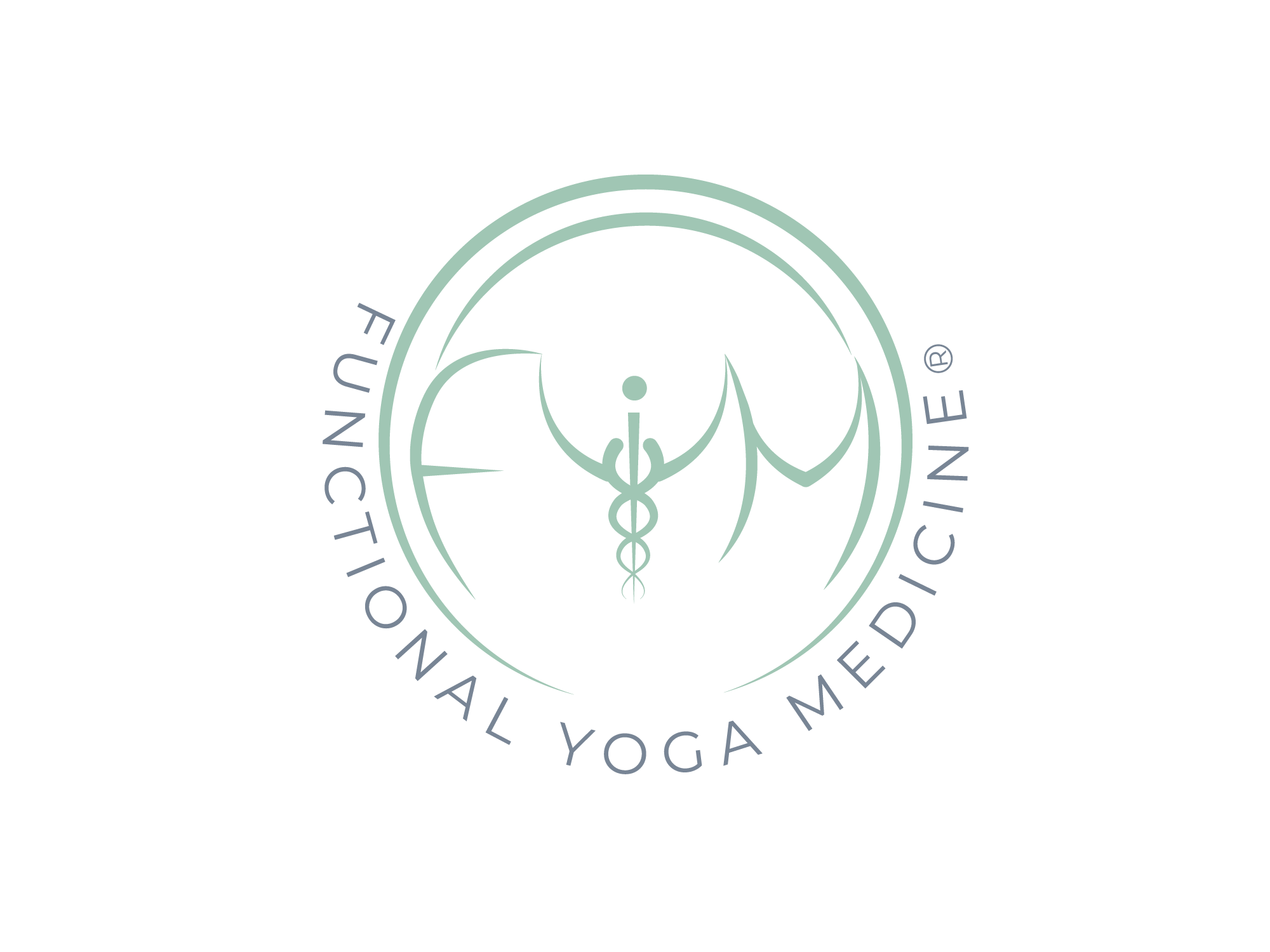 With so much information and busy schedules, we are becoming overloaded with “to do” lists and bombarded with flood of information every minute. Consider the smart phones, Tablets, IPADS, and the likes……perhaps its time to really enjoy peace and quiet and really make an effort to have some down time with no stimulation to recoup and recharge. When was the last time you recharged? No wonder we are so tired and wired at the same time…its really an oxymoron. Pay close attention to your body and consider your health.
With so much information and busy schedules, we are becoming overloaded with “to do” lists and bombarded with flood of information every minute. Consider the smart phones, Tablets, IPADS, and the likes……perhaps its time to really enjoy peace and quiet and really make an effort to have some down time with no stimulation to recoup and recharge. When was the last time you recharged? No wonder we are so tired and wired at the same time…its really an oxymoron. Pay close attention to your body and consider your health.
Your adrenal glands play a key role in modulating very important hormones: cortisol, adrenaline, and dehydroepiandrosterone (DHEA). These hormones help you to buffer stress.
 Under stress, healthy adrenals increase their output of cortisol and DHEA to enable you to preserve health. They also secrete adrenaline, giving you a boost of energy when needed. If the stress levels wear out the adrenals, the adrenals can no longer keep up with the demand, and DHEA levels begin to fall, signifying adrenal exhaustion, a common term lately. In addition, too much adrenaline can cause you to feel anxious and nervous, does that sound very familiar? Complaints of insomnia, fatigue, depression, irritability, and digestive difficulties are also common. As adrenaline levels increase during stress, enzymes in your intestine are simultaneously lowered, and blood sugar levels initially rise.
Under stress, healthy adrenals increase their output of cortisol and DHEA to enable you to preserve health. They also secrete adrenaline, giving you a boost of energy when needed. If the stress levels wear out the adrenals, the adrenals can no longer keep up with the demand, and DHEA levels begin to fall, signifying adrenal exhaustion, a common term lately. In addition, too much adrenaline can cause you to feel anxious and nervous, does that sound very familiar? Complaints of insomnia, fatigue, depression, irritability, and digestive difficulties are also common. As adrenaline levels increase during stress, enzymes in your intestine are simultaneously lowered, and blood sugar levels initially rise.
As this becomes a more ongoing occurrence, following symptoms may occur:
- weak immune function (frequent colds, sinus infections, yeast infections, etc.)
- decrease cortisol, resulting in low blood sugar
- difficulty sleeping
- Increased cholesterol and fat
- swollen ankles, feet, and hands
- Decreased libido
- Increased weight gain
- Functions of cortisol
- Converts proteins into energy
- Stimulates the liver to convert protein to sugar to use for energy
- Counters inflammation and allergies
- Helps maintain blood pressure
- Helps to modulate stress reactions
- Functions of DHEA
- It becomes testosterone and estrogen
- Improves resistance to viruses, bacteria, parasites, allergies, and cancer
- Prevents osteoporosis
- Lowers total and LDL cholesterol
- Increases muscle mass and decreases body fat
- What should you do?
- Diet should avoid refined sugars, caffeine, and alcohol and should include several small meals containing protein.
- Determine allergic foods and avoid them (eliminate gluten, eggs, peanuts, dairy).
- Ginseng and/or licorice tea can be supportive.
- Adequate vitamin C is important.
- Get adequate sleep and go to bed by 10pm
- Use stress-management techniques, yoga, meditation, exercise.
- Deal with emotions as needed with laughter, breathing, and/or professional help.
- Engage in light exercise.
- Get daily outdoor light, vitamin D.

